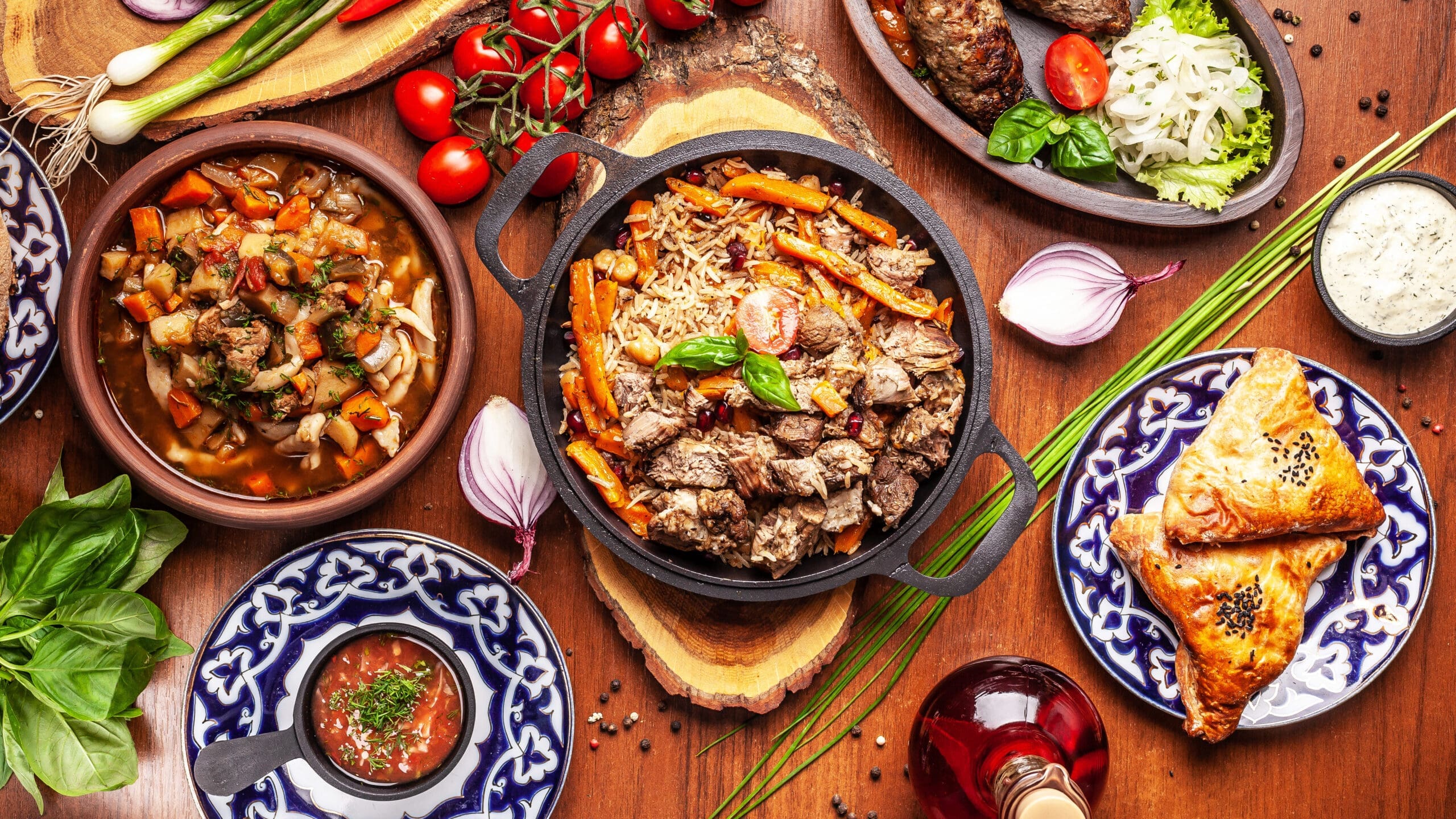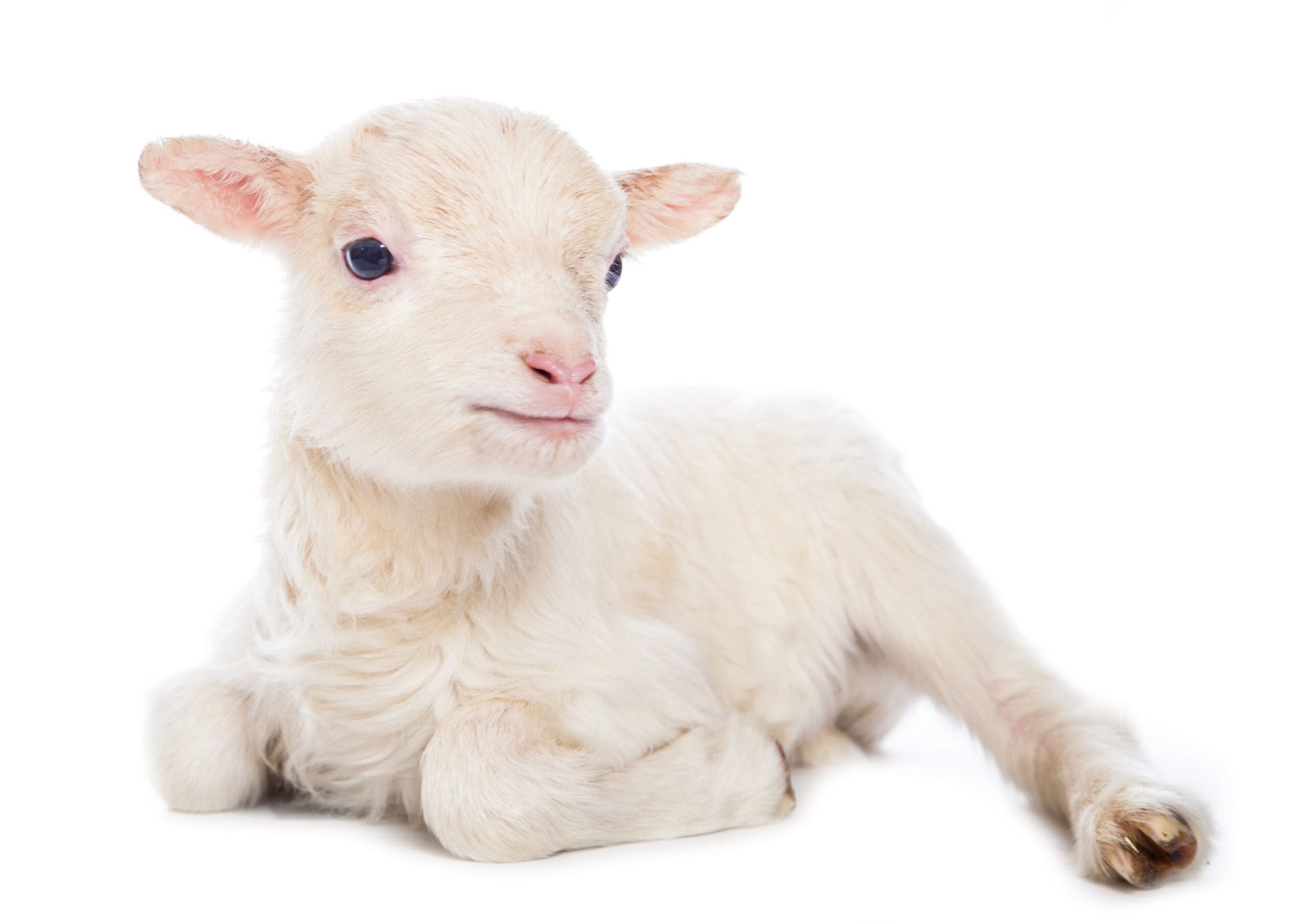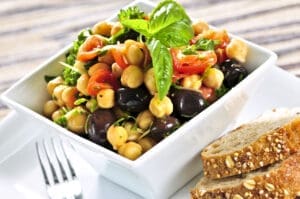Choosing Zabihah – Teach Your Kids the Benefits When Eating Out

Does your teenager know the difference between Halal and Zabihah food?
Halal means to eat what is permissable, so we are permitted to eat chicken and lamb for example. Zabihah is meat that is halal (permissable) AND that has been slaughtered according to Islamic guidelines.
Many times, for the sake of convenience, Muslim kids (and many adults) may just look at what is halal (permissable) on the menu and order that item without giving it a second thought. But when Allah swt asks us to do something a certain way, we must assume that there is great wisdom behind it.
“Say, in what was revealed to me, I find nothing forbidden to a consumer who eats it, except carrion, or spilled blood, or the flesh of swine – because it is impure – or a sinful offering dedicated to other than Allah. But if someone is compelled by necessity, without being deliberate or malicious – your Lord is Forgiving and Merciful.” [Al-Anaam 6:145]
What are the Islamic guidelines for Zabihah?
A sharp knife is used to kill the animal at the jugular (windpipe, esophagus, and two jugular veins) and this must be cut in one motion while reciting “Bismillah, Allahu Akbar” (in the name of Allah, Allah is the greatest). The blood must be drained from the body of the animal before it can be cut into smaller pieces.
When an animal is slaughtered according to the Shariah (Islamic law based on the teachings of the Qur’an and the Sunnah of the Prophet Muhammad ﷺ), it is done in the most humane way that does not cause distress to the animal. It is recommended that animals do not witness the slaughter of other animals so that they don’t become distresed. Subhan’Allah! This is the level of compassion we are taught to have towards the animals.
Non-Zabihah slaughtering guidelines
Many countries, including the United States, have a 2 step process to slaughtering animals. The first is to stun them using various methods and then killing the animal. Stunning can be any of the following:
Electrical – applying an electrical current to the brain or heart to make it unconscious. Chickens are shackled and pass through an electrified water bath then put in boiling water.
Gas – animals are asphyxiated using carbon dioxide gas of varying concentrations.
Mechanical – captive bolt pistols are used on the heads of the animals to quickly make them unconscious.
Firearms – A gun is used to shoot a bullet into the brain of the animal to kill it quickly.
Animals who have not already died are then killed by Exsanguination – the throat is cut or a stick is inserted into the chest of the animal close to the heart, allowing the main veins and arteries to bleed out.

Did you know?
People who try Zabihah meat for the first time notice the difference in taste.
Zabihah guidelines mean that most of the blood is drained out of the body, resulting in a taste that is less metallic (from the iron in the blood). It just tastes more fresh!

What if Zabihah meat isn’t on the menu?
If you live in a place where there just aren’t many options to eat zabihah meat in restaurants, it can be tempting to just order a regular meat item off the menu, so long as it’s not pork, right?
In Surah Al-Anaam, verse 145, Allah swt places these restrictions on what we are allowed to eat, but at the same time allows us to consume this food if we are “compelled by necessity.”
Going to a restaurant with 10 vegetarian options is not considered a ‘necessity.’ It is important to remember that there is inherent wisdom in the sharia to protect us from harm, even though we may not understand it at the time.
Today’s consumers are exploring a more healthful, organic and sustainable way to live, and that includes their eating choices. It’s trendy nowadays to eat less meat, turning instead to plant-based meals.
Meat is permissible and allowed in Islam, but sometimes we need to be reminded that even through it’s permissible, that doesn’t mean we have to eat it every single day.
Throughout the teachings of Islam, we are reminded that there is good in moderation. In this instance, making the choice to become a vegan would be one extreme, while opting to eat meat with every meal would be at the other.
Islam does not require us to eat meat. The Prophet Muhammad (pbuh) was a Flexitarian (someone who has a primarily vegetarian diet but occasionally eats meat or fish), and He prohibited us from eating meat every day. He only consumed meat or fish on special occasions, otherwise kept His meals simple.
Some benefits of cutting back on meat...
Weight loss
Lower blood pressure
Increased antioxidents in your diet
Reduced risk of diabetes
Higher energy levels
Reduced risk of cancer

